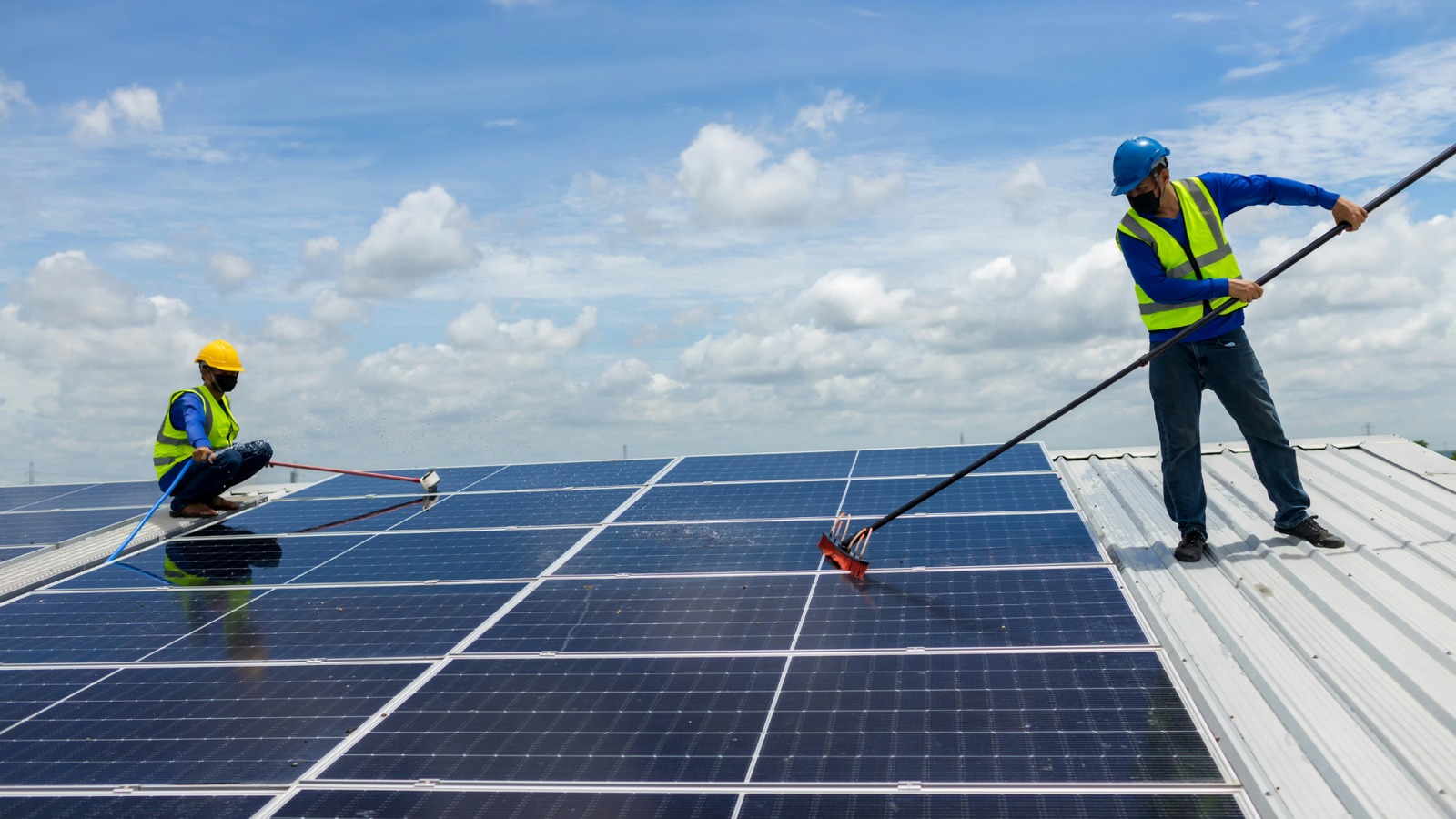Solar panels have emerged as a sustainable and efficient source of energy, but many people wonder if they require direct sunlight to function optimally. In this comprehensive guide, we'll explore the relationship between solar panels and sunlight. Whether you're considering investing in solar panels for your home, RV, or other applications, understanding their sunlight requirements is crucial.
The Basics: How Solar Panels Work
Before we delve into the sunlight aspect, let's grasp the fundamental workings of solar panels. Solar panels, also known as photovoltaic panels, are designed to capture sunlight and convert it into electricity through a process called the photovoltaic effect.
Each solar panel comprises numerous solar cells, typically composed of silicon, a semiconductor material. These cells have two layers with different electrical charges: the N-type layer with an excess of electrons and the P-type layer with an excess of electron deficiencies or "holes." When sunlight, which consists of tiny packets of energy called photons, strikes the solar cells, it excites the electrons in the N-type layer, creating an electrical voltage difference between the two layers. This voltage difference induces the flow of electrons, known as electricity, which is direct current (DC). An inverter then converts DC electricity into alternating current (AC) for use in homes, RVs, and other applications.
Do Solar Panels Need Direct Sunlight?
The simple answer is no; solar panels do not need direct sunlight to produce electricity. While direct sunlight optimizes their performance, solar panels can generate power under various conditions, including cloudy days and indirect sunlight.
1. Cloudy Days
On cloudy days, solar panels can still generate electricity, although their efficiency may be reduced compared to sunny days. Here's why:
- Diffused Light: Even when the sun is obscured by clouds, it emits diffused light that contains photons. While there are fewer photons compared to direct sunlight, they can still excite the electrons in the solar cells.
- Lower Efficiency: Cloudy conditions result in reduced efficiency because solar panels receive fewer photons. This means they generate less electricity, but they are far from being ineffective.
- Energy Storage: Many solar panel systems are equipped with energy storage solutions, such as batteries. During periods of reduced sunlight, excess electricity generated on sunny days can be stored for later use.
2. Indirect Sunlight
Solar panels can also produce electricity from indirect sunlight, which includes light that reflects off surfaces like buildings or bodies of water. As long as photons from indirect sunlight reach the solar cells, they can generate electricity.
Solar Panels in Less Sunny Regions
The United States encompasses diverse climates with varying levels of sunlight. Solar panels are adaptable and can be installed in regions with less sunshine. In such areas, larger installations or more efficient panels may be required to compensate for reduced sunlight. Proper positioning and angling of solar panels can also maximize their exposure to available sunlight.
So Do Solar Panels Need Direct Sunlight?
In conclusion, while solar panels perform optimally in direct sunlight, they are not solely dependent on it. They can generate electricity on cloudy days and in regions with less sunshine, making them a reliable source of energy. Solar panels have become an integral part of the clean energy revolution, allowing homeowners and businesses to reduce their carbon footprint and energy costs.
If you're considering investing in solar panels for your home, business, RV, or other applications in the USA, explore our range of solar panel products at Rocksolar. We offer a variety of options, from 50W solar panels to bendable solar panels, tailored to your specific needs and location.
